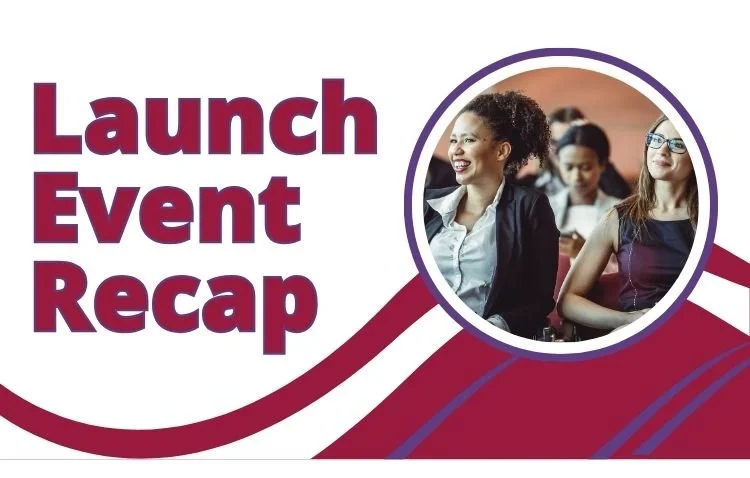Amplifying Stories. Elevating the Profession.
The NAWA Narrative
The NAWA Narrative
Amplifying Stories.
Elevating the Profession.
The NAWA Narrative is where stories take shape and voices are amplified. Our blog spotlights real experiences, career insights, and personal reflections from actuaries and allies across the profession. From navigating career transitions to celebrating milestones, these are the perspectives that move the profession forward - one post at a time.
Would you like to contribute? Share your ideas with us by emailing Ally@NawaActuaries.org

CAS & NAWA Highlight Two Inspiring Female Actuaries
To celebrate Women’s History Month, the Casualty Actuarial Society and NAWA interviewed two accomplished leaders: Julie Joyce, senior vice president and chief corporate actuary at Travelers, and Janet Lindstrom, executive vice president and chief transformation officer for Arch Insurance North America. They reflect on what led them into the actuarial profession, their experiences as women in a male-dominated field, and how strong networks and mentoring have supported their journeys. Both affirm that diversity is a growing priority for the CAS.

Empower Hour with Kathryn Valentine
In celebration of Women’s History Month, Kathryn Valentine led an Empower Hour for NAWA focused on negotiation from a woman’s perspective. She explained that negotiation extends beyond salary to include flexibility, benefits, and support. Two key principles emerged: take a collaborative, team‑oriented approach and frame your ask by connecting past accomplishments to future goals while inviting feedback. This method reduces perceived risk and fosters authentic, mutually beneficial outcomes.

Launch Event Recap
NAWA officially kicked off on October 7 led by its cofounders. The event featured a panel on active allyship in workplace inclusion. Participants from 20 countries and over 60 companies registered, with 232 attending live. The diverse panel shared personal insights on how allies have shaped their experiences, sparking deep engagement. Attendees also contributed ideas through a community survey that’s guiding NAWA’s future Impact Committees.

Unconscious Gender Bias and How to Combat It
Unconscious gender bias, automatic mental associations based on gender, impacts workplace decisions from hiring to promotion. Common patterns like affinity bias, halo effect, perception bias and confirmation bias reinforce stereotypes and can undermine inclusion and performance in the actuarial profession. The author emphasizes that these biases are shaped by culture and habit but can be addressed. Awareness is the first step. Slowing down decision making, discussing bias openly, standardizing processes and speaking up as allies all play a role in creating fairer outcomes for everyone.
Be part of a community that sees you, supports you, and stands beside you and your organizations.
Ready to become a member or sponsor?
NAWA isn’t just a network - it’s a community.
NAWA isn’t just a network,
it’s a community.
